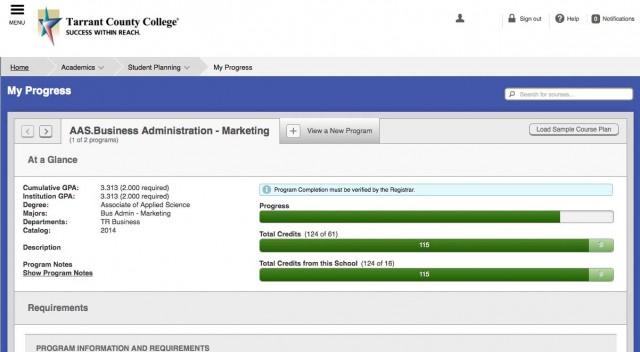By Gerrit Goodwin /ne news editor
The mention of hemp for many brings to mind the images of marijuana and stoners, but often those same people are unaware of the potential environmental, economic and health benefits that can come from harvesting the crop.
Hemp was a commonly grown crop in the United States for commercial use until 1937 when it was banned. Hemp was banned not because it was a harmful crop but because it posed a threat to the interests and profits of the timber industry and other companies.
Corporations that could profit from the criminalization of hemp launched a series of smear campaigns designed to turn public opinion against the crop.
The impact of the “Reefer Madness” campaigns is ever-present with many Americans still associating hemp with marijuana and thinking of it as an addictive drug with no other value to society.
In reality, hemp is a crop with diverse applications from medicine to fabrics to industry. Hemp cultivation was actually temporarily legalized in the U.S. during World War II to help with shoe, oil and rope production when America was in the midst of a shortage, only to be made illegal again shortly thereafter.
Planting hemp instead of trees reduces topsoil erosion, which pollutes rivers, lakes and other bodies of water. Hemp uses fewer toxic chemicals than trees when made into paper. Hemp has twice as much fiber as cotton to be made into clothing such as jeans, shirts or jackets.
Hemp also has a variety of medicinal uses that are considerably cheaper to produce and less toxic than many modern medications. Marijuana can help those who suffer from arthritis, AIDS, leukemia, glaucoma, cancer and epileptic seizures.
Founding fathers such as George Washington and Thomas Jefferson grew hemp because they knew of its potential as a crop and, in truth, the continued criminalization of hemp production is a clear sign that private interests will and still dictate laws in this country.
Instead of keeping the rich in power despite their backward and continued use of detrimental products, students and citizens alike should take a stand and fight for new industry this April 20, an industry that will share the wealth with the many by raising the standard of living in the same way electricity or oil production once did, instead of consolidating it in the pockets of the few.



























